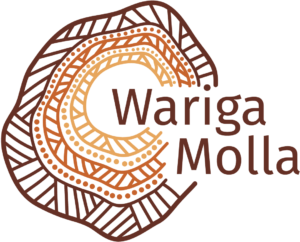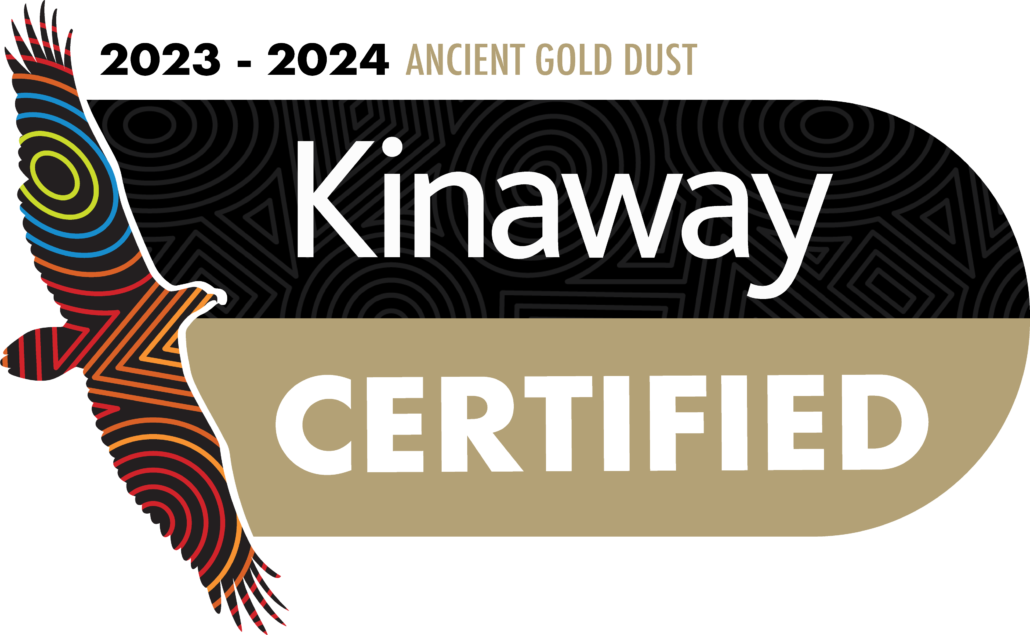Advancing Justice: The First Peoples Assembly and the Quest for Treaty in Victoria
Introduction:
In the rich tapestry of Australia’s history, the voices and experiences of Aboriginal and Torres Strait Islander peoples have often been overlooked or marginalised. However, in recent years, there has been a significant push for recognition, reconciliation, and justice for Indigenous Australians. Central to this movement is the call for Treaty negotiations, a crucial step towards acknowledging past injustices and forging a path towards a more equitable future. In Victoria, the establishment of the First Peoples Assembly marks a historic moment in this ongoing journey towards Treaty.
The First Peoples Assembly:
Formed in 2019, the First Peoples Assembly of Victoria is a democratically elected body representing Aboriginal and Torres Strait Islander communities in the state.
There are currently 31 Members who sit on the Assembly, 21 occupying general seats and the remaining in reserved seats – designated for each formally recognised Traditional Owner group. The Assembly has developed an additional pathway for Traditional Owner groups who do not have formal recognition under legislation to apply for a reserved seat.
The Assembly serves as a platform for Indigenous voices to advocate for their rights and interests. Its primary objective? To negotiate Treaty with the Victorian government, a milestone that holds profound significance for Indigenous peoples across the state.
Treaty Negotiations:
At the heart of the First Peoples Assembly’s mission lies the pursuit of Treaty, a formal agreement between First Peoples and the government that recognises historical injustices, acknowledges sovereignty, and outlines pathways for reconciliation and self-determination. For Aboriginal and Torres Strait Islander peoples in Victoria, Treaty negotiations represent a long-awaited opportunity to address the legacy of colonisation, dispossession, and discrimination.
The significance of Treaty:
Treaty holds immense symbolic and practical significance for Aboriginal and Torres Strait Islander communities in Victoria. Firstly, it validates the sovereignty and inherent rights of Indigenous peoples, affirming their status as the original custodians of the land. By acknowledging the injustices of the past, Treaty provides a foundation for healing, reconciliation, and truth-telling, essential components of the journey towards justice.
Moreover, Treaty offers a framework for addressing contemporary issues faced by Indigenous communities, including social and economic disparities, cultural preservation, and land rights. Through negotiated agreements, Treaty has the potential to empower Indigenous peoples, enabling them to assert greater control over their destinies and shape policies and programs that reflect their needs and aspirations.
The road ahead:
While the journey towards Treaty may be fraught with challenges and complexities, the establishment of the First Peoples Assembly signifies a profound commitment to dialogue, collaboration, and mutual respect. As negotiations progress, it is imperative for all stakeholders to engage in meaningful consultation, guided by principles of equity, reciprocity, and cultural competency.
Ultimately, the success of Treaty negotiations in Victoria will not only impact Indigenous communities but also shape the broader narrative of Australian identity and nationhood. By honouring the voices and experiences of Aboriginal and Torres Strait Islander peoples, Treaty has the potential to redefine relationships, challenge entrenched inequalities, and pave the way for a more inclusive and just society.
Conclusion:
In Victoria, the First Peoples Assembly stands as a beacon of hope and resilience, championing the rights and aspirations of Indigenous peoples. As the journey towards Treaty unfolds, let us heed the lessons of the past, embrace the challenges of the present, and collectively envision a future grounded in justice, reconciliation, and respect for all. Together, we can build a more equitable society where the voices of the First Peoples are heard, valued, and celebrated.


Leave a Reply
Want to join the discussion?Feel free to contribute!